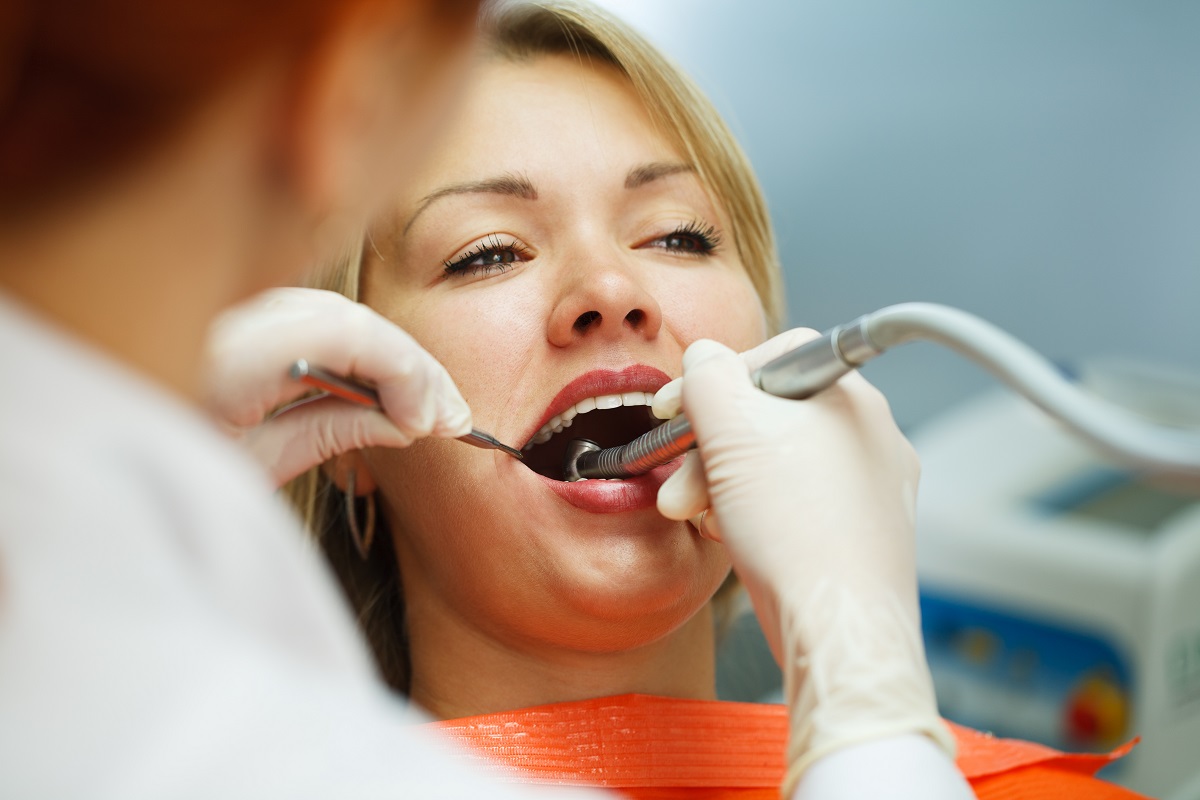Disclaimer: This website provides health information for educational purposes only and is not a substitute for professional medical advice, diagnosis, or treatment. Always seek the guidance of a qualified healthcare provider with any questions you may have.
What constitutes a dental emergency? When is it time to reach for the number of an emergency dentist in Buckinghamshire and book an appointment toute suite?
There are the really obvious cases: one or more teeth knocked out, the patient has a bloody mouth and is in serious pain. Sounds like a grim scenario, but it’s a common occurrence in contact and extreme sports such as hockey, boxing and snowboarding. Despite the use of mouth guards, accidents can still happen. The emergency dentist in Buckinghamshire, such as those at Garden View Dental Care, are more than used to treating sporting injuries.
Teeth can also be knocked out in trips, slips, falls and fights. Whatever the reason, the emergency dentist in Buckinghamshire won’t judge – patients need to get themselves in the dentist’s chair as soon as possible, preferably with those missing teeth in hand.
Well, not in hand exactly. The best way to deal with knocked-out teeth is to pick them up by the crown (the white, visible part), gently wash them with saliva and put them back in the socket if possible. Touching the root of the tooth isn’t advised, as it is living tissue and the grease and debris from the fingers can cause it to wither and die. If it isn’t possible for it to go back in the socket, other options are to put it inside the cheek or in a clean container and cover it with milk. Never use tap water on a tooth root.
Not all dental emergencies are so dramatic. It could be a plain old toothache that’s become severe overnight, or an abscess that’s got increasingly worse. It could be a failing crown or filling, or an unexplained facial swelling.
Whatever the cause, if the pain is ongoing, it’s a dental emergency. The key is to act fast, particularly when it comes to a knocked-out tooth. If a patient is seen within two hours of the accident happening, it’s much more likely the tooth can be saved.
Emergency dentists do their best to see a patient in pain on the day they call. The earlier in the day the call comes in, the more likely that is to happen.




